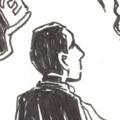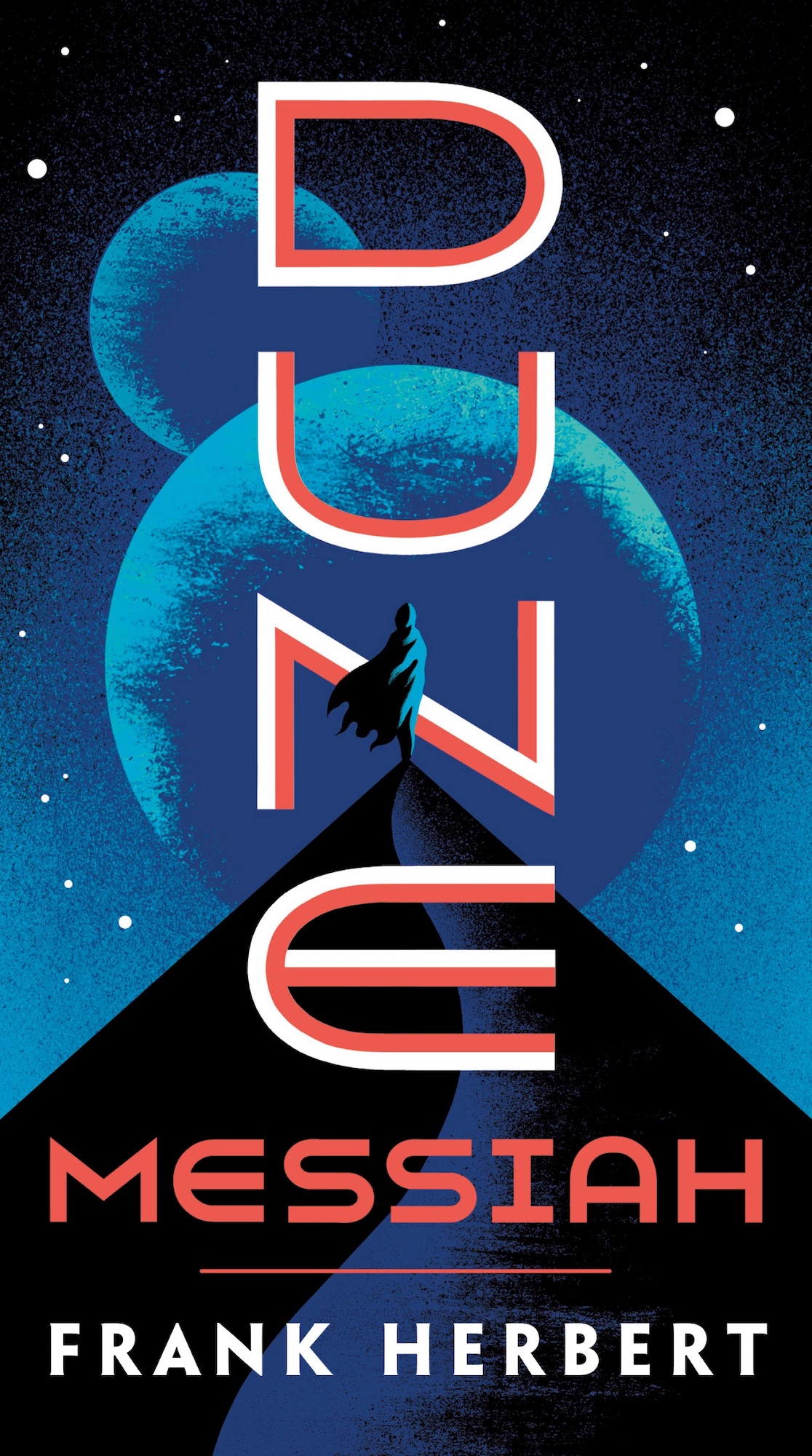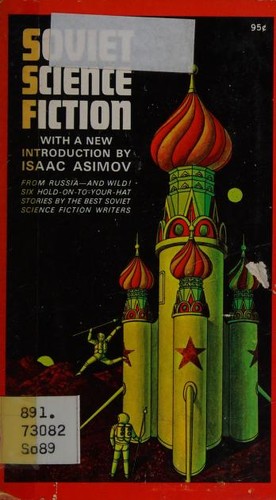Solid Chicago urban fantasy. I'll be reading the rest of the series.
Reviews and Comments
Someone who failed their 2023 Reading Challenge and looking forward to making up for that in 2025.
Hanging out at bsky.app/profile/cjkarr.bsky.social these days.
This link opens in a pop-up window
Chris J. Karr finished reading Black City Saint by Richard A. Knaak
Chris J. Karr commented on Black City Saint by Richard A. Knaak
Chris J. Karr reviewed Red Team Blues by Cory Doctorow
Chris J. Karr reviewed A Conventional Boy by Charles Stross (Laundry files)
A conventionally solid entry into the Laundry Files.
4 stars
A shorter Laundry tale, but a solid addition to the overall "mythos".
Thought I would miss Bob more than I have (he does show up in the shorter stories accompanying the title tale), but I also enjoy Stross exploring this fun world he's built patiently.
A shorter Laundry tale, but a solid addition to the overall "mythos".
Thought I would miss Bob more than I have (he does show up in the shorter stories accompanying the title tale), but I also enjoy Stross exploring this fun world he's built patiently.
Chris J. Karr rated Only the Living Feel Remorse: 5 stars

Only the Living Feel Remorse by Ash Deza
Imagine being haunted by a ghost. In life, he was your best friend. Now he wants you dead.
Who …
Chris J. Karr finished reading Only the Living Feel Remorse by Ash Deza
Chris J. Karr rated Macross Plus Archives: 5 stars

Macross Plus Archives
The artbook featuring drawings, other illustrations, and interviews with the creators of Macross Plus. Accompanies the 4K Blu-ray release of …
Chris J. Karr reviewed The Rainbow, Vol. 2 by H.P. Lovecraft
Solid second issue
5 stars
A solid follow-up issue for "The Rainbow", including essays on amateur publishing, appreciating art and poetry, and introducing one of my favorite H.P. Lovecraft tales, "Celephaïs".
Having finished this, I'm only more eager to finally get around to tackling Greene's autobiography "Two Hearts that Beat as One".
A solid follow-up issue for "The Rainbow", including essays on amateur publishing, appreciating art and poetry, and introducing one of my favorite H.P. Lovecraft tales, "Celephaïs".
Having finished this, I'm only more eager to finally get around to tackling Greene's autobiography "Two Hearts that Beat as One".
Chris J. Karr reviewed The Rainbow, Vol. 1 by H.P. Lovecraft
Interesting time capsule
5 stars
This was an interesting issue to read, an interesting time capsule of amateur publishing in 1921.
The bulk of the content was provided by publisher Sonia H. Greene, which is not a bad thing, as she is quite quotable and interesting to read, especially her thought on the proper role of amateur journalism and the need for high standards to lift amateur writers up (including her future husband H.P. Lovecraft) into creating meaningful works.
Chris J. Karr rated The King in Yellow - Annotated Edition: 5 stars

The King in Yellow - Annotated Edition by Robert W. Chambers, Kenneth Hite, Samuel Araya
The King in Yellow is a book of short stories by the American writer Robert W. Chambers, first published by …
Chris J. Karr finished reading The King in Yellow - Annotated Edition by Robert W. Chambers
Excellent presentation of Chambers' classic.
Hite really outdid himself with the annotations, which only add layers of enjoyment where it would be easy to skim over, especially the details of Paris during that era.
Excellent presentation of Chambers' classic.
Hite really outdid himself with the annotations, which only add layers of enjoyment where it would be easy to skim over, especially the details of Paris during that era.
Chris J. Karr finished reading Solaris by Stanisław Lem
A longer and meandering science fiction classic. Full of big ideas, and a clear predecessor to modern masters Jeff VanderMeer and Ted Chiang.
NOT a great book if you're looking to get through a large number of books in a year, but a GREAT book if you want to sit with it and slowly enjoy it like a fine whisky.
A longer and meandering science fiction classic. Full of big ideas, and a clear predecessor to modern masters Jeff VanderMeer and Ted Chiang.
NOT a great book if you're looking to get through a large number of books in a year, but a GREAT book if you want to sit with it and slowly enjoy it like a fine whisky.
Chris J. Karr reviewed Dune Messiah by Frank Herbert
Thinky Sci-Fi
4 stars
Interesting sequel to "Dune". It's much more political than war drama, picking up 12 years after its predecessor.
I enjoyed the contrast to the adventure and fighting in the last one (It certainly subverts expectations!), and I'm interested in seeing where this story heads next.
Interesting sequel to "Dune". It's much more political than war drama, picking up 12 years after its predecessor.
I enjoyed the contrast to the adventure and fighting in the last one (It certainly subverts expectations!), and I'm interested in seeing where this story heads next.
Chris J. Karr reviewed Soviet Science Fiction by Alexander Belayev
Interesting collection of stories
3 stars
The stories in this collection were a bit hit-or-miss. Other than the names used within, (judging by this collection) Soviet science fiction seemed to have a lot in common with Western science fiction from similar eras. I wouldn't have been surprised to see any of these stories pop-up in a similar collection rescued from the local used bookstore.
Some of the tales failed to land with me, but I think that's more a function of eras than region of origin. Some of the tales seemed to be a bit slow and plodding, but not more so than Western stories of that era.
That said, the last tale about cryo-hibernation was worth the price of admittance alone. I won't spoil more than that.
The stories in this collection were a bit hit-or-miss. Other than the names used within, (judging by this collection) Soviet science fiction seemed to have a lot in common with Western science fiction from similar eras. I wouldn't have been surprised to see any of these stories pop-up in a similar collection rescued from the local used bookstore.
Some of the tales failed to land with me, but I think that's more a function of eras than region of origin. Some of the tales seemed to be a bit slow and plodding, but not more so than Western stories of that era.
That said, the last tale about cryo-hibernation was worth the price of admittance alone. I won't spoil more than that.









